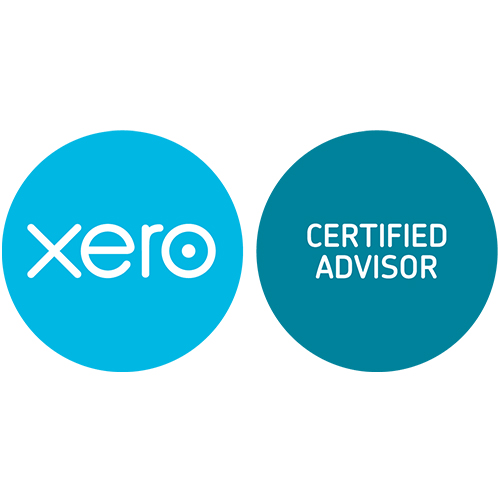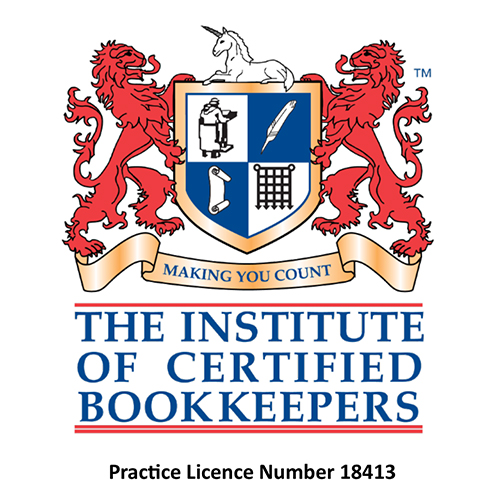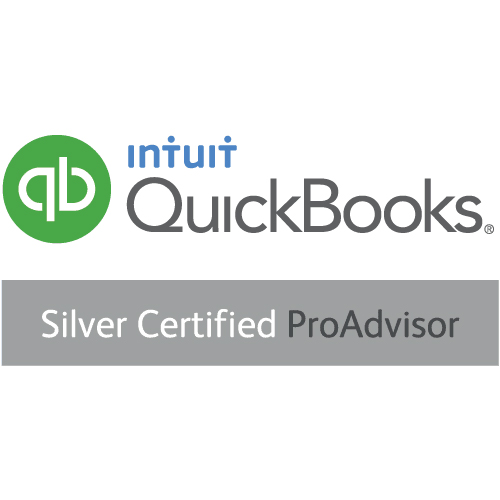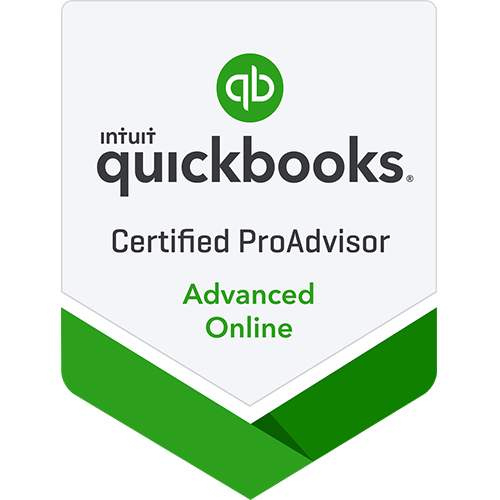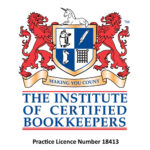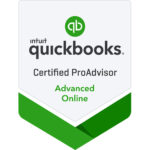All businesses will need to carry out some form of bookkeeping, in order to operate successfully. Bookkeeping is basically keeping on top of the day-to-day money related tasks in your business.
Some of the key bookkeeping tasks you’ll need to do are:
- Sending invoices
- Paying bills
- Chasing payments
- Processing payments
- Keeping track of your expenses
- Keeping compliant with tax regulations and paying your tax bill
When it comes to starting a business, it’s good practise to keep on top of your bookkeeping from day one. As a bare minimum, this means keeping a record of all the money coming and going from your business.
We’ve shared 5 steps that should help you on your way to bookkeeping success.
Step 1 – Bank accounts
One of the simplest ways to make your life easier is to set up a separate bank account for your business. This will save you heaps of time when it comes to reconciling your accounts (that’s when you match all your transactions to invoices/receipts).
Lots of banks offer business accounts and there are online or even app only based ones these days – most of whom don’t charge a monthly fee.
Step 2 – Online software
Although it might seem an unnecessary expense at the start, signing up for bookkeeping software can be a game changer. Bearing in mind that Making Tax Digital for self employed people comes into effect from April 2024 (correct at time of writing), you’ll have to be able to submit regular returns to HMRC, digitally. The easiest way to do this is by using software such as FreeAgent, Quickbooks or Xero (lots of others out there too).
Step 3 – Keep on top of it
Keep on top of things regularly. Don’t leave everything until the last minute. Make sure you keep all your invoices and all the receipts for anything you purchase in your business. If you’re using online software, you can even just take a quick pic of your receipt and upload it straight away, which is great.
Little and often is much less soul destroying than trying to go through 12 months of transactions, trust us!
Step 4 – HMRC obligations
Find out when all the relevant dates are for your submissions to HMRC. Dates may vary depending on whether you’re a limited company, sole trader or partnership. Check your submission requirements and diarise them so you don’t miss any.
Step 5 – Get help if you need it
If you find it all getting a bit too much or if you don’t understand something, don’t bury your head in the sand. Get in touch and we’ll be more than happy to explain how things work, answer your questions and even support you with your day to day bookkeeping.
If you found this blog useful, we’d love you to share it with someone you think would also benefit.






